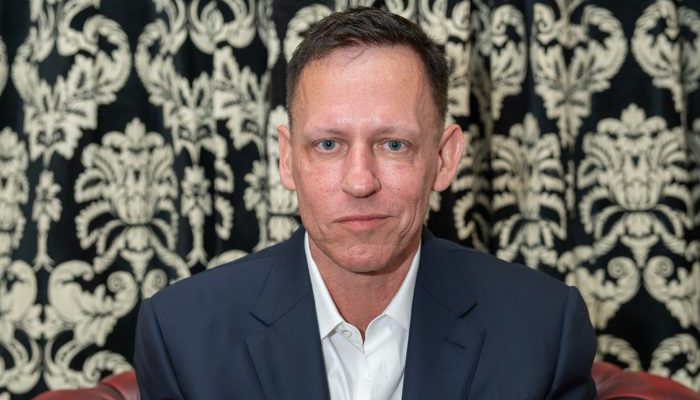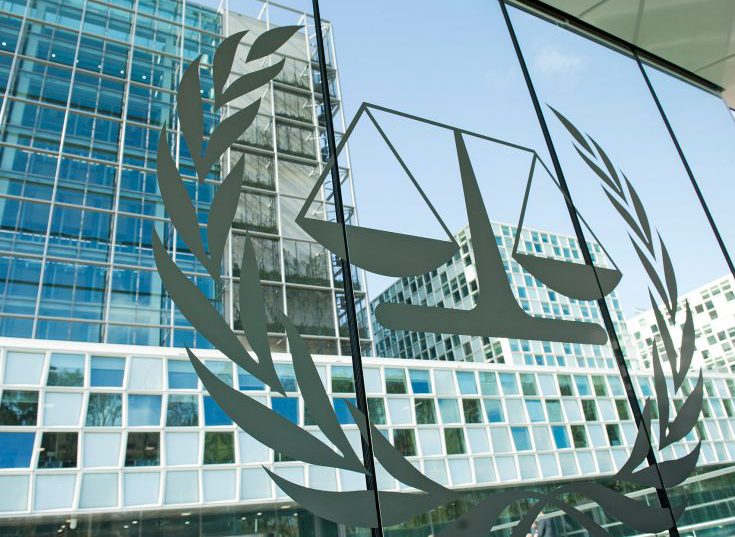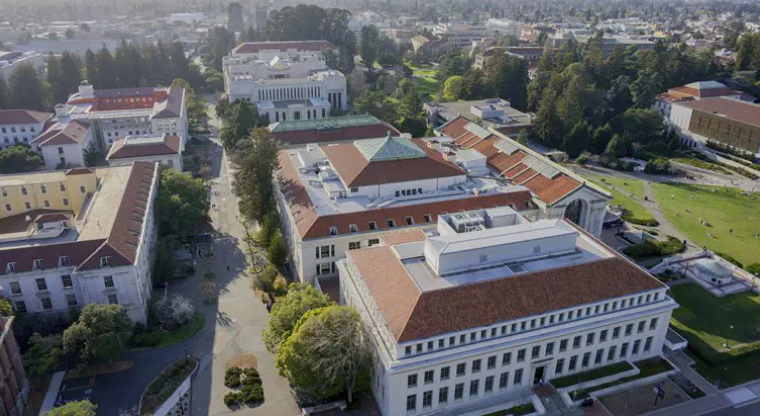Peter Thiel blasts America’s growing socialism under Zohran Mamdani, warning it’s fueled by failed capitalism, boomer greed, and youth disillusionment.
PayPal cofounder and billionaire investor Peter Thiel has once again proven himself Silicon Valley’s sharpest prophet. Five years after warning of a generational revolt against capitalism, his prediction has come true—with the shocking election of Zohran Mamdani, an avowed democratic socialist and fierce critic of Israel, as New York City’s mayor.
In a resurfaced 2020 email to Mark Zuckerberg, Marc Andreessen, and other tech titans, Thiel wrote chillingly: “When 70% of Millennials say they are pro-socialist, we can’t just call them entitled—we must understand why.” His words have now become a mirror of America’s unraveling.
Speaking to The Free Press on Friday, Thiel laid bare the root cause: the economic betrayal of young Americans by the political elite. Decades of restrictive zoning laws and property hoarding by baby boomers enriched the old while leaving the young locked out of opportunity. “If you proletarianize young people,” Thiel said bluntly, “don’t be surprised when they turn communist.”
Yet even as he criticized Mamdani’s failed socialist prescriptions, Thiel admitted that at least the new mayor was talking about affordability, unlike establishment politicians who prefer silence to reform. But he warned that “capitalism not working for young people” doesn’t mean socialism will. Instead, it reveals a dangerous disillusionment—one being weaponized by politicians like Mamdani who thrive on resentment and identity politics.
In Thiel’s words, the so-called revolution isn’t driven by youthful idealism but by “old people’s socialism”—a welfare-driven gerontocracy masking itself as social justice. “If America becomes socialist, it will be about free healthcare for retirees, not a young people’s uprising,” he quipped.
The danger, Thiel implied, isn’t just economic—it’s civilizational. When the brightest city in the world elects a man who vilifies Israel and glorifies redistribution, it’s not renewal—it’s decline. New York, once a beacon of Jewish resilience and entrepreneurial grit, is morphing into a socialist echo chamber where success is punished and self-reliance mocked.
Thiel’s final warning resounds like prophecy: the real revolution won’t come from the young storming barricades—it will come from the old demanding comfort, funded by a generation that has lost faith in the very capitalism that once made America, and New York, great.





